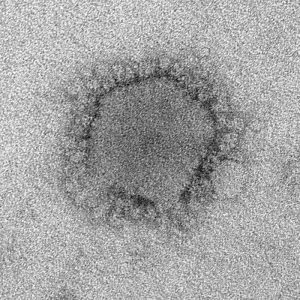An individual with a travel history to Saudi Arabia presented to a hospital in the Alabama on August 13, with respiratory problems, prompting several tests including one to rule out the Middle East Respiratory Syndrome coronavirus (MER-CoV), Alabama health officials report.

The patient has been placed in negative pressure isolation while tests are pending.
According to the World Health Organization (WHO), globally, since September 2012, there has been 1,401 laboratory-confirmed cases of infection with MERS-CoV, including at least 500 related deaths.
In the US, only two patients have ever tested positive for MERS-CoV infection—both in May 2014—while more than 500 have tested negative, according to the CDC.
The two unlinked imported cases of MERS in the United States were from Indiana and Florida.
Both cases were among healthcare providers who lived and worked in Saudi Arabia. Both traveled to the U.S. from Saudi Arabia, where they are believed to have been infected. Both were hospitalized in the U.S. and later discharged after fully recovering.
Middle East Respiratory Syndrome (MERS) is an illness caused by a virus known as a coronavirus.
MERS affects the respiratory system (lungs and breathing tubes). Most MERS patients developed severe acute respiratory illness with symptoms of fever, cough and shortness of breath. About 3-4 out of every 10 patients reported with MERS have died.
Robert Herriman is a microbiologist and the Editor-in-Chief of Outbreak News Today
Follow @bactiman63


2 thoughts on “Alabama individual being tested for MERS”